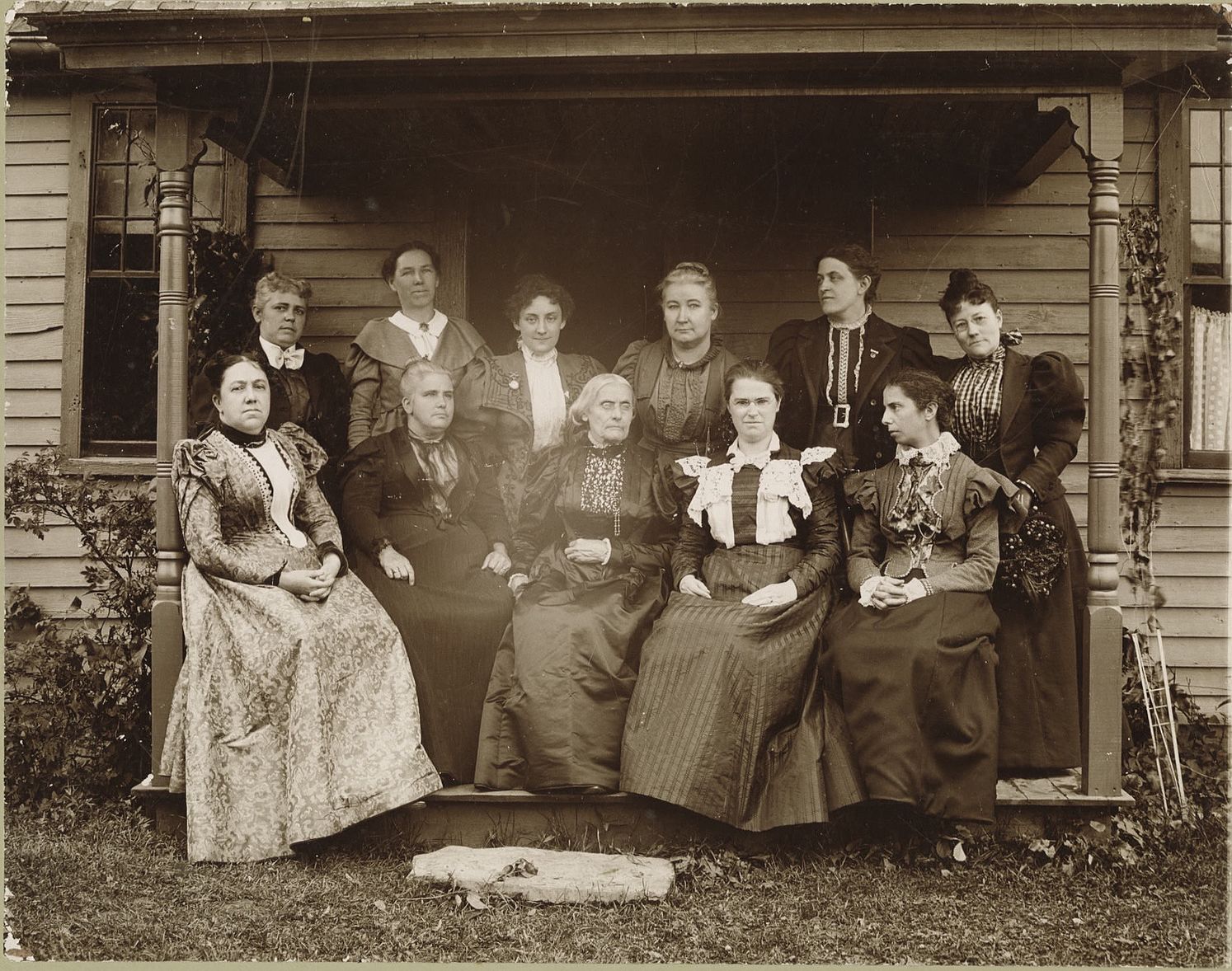Today is the 199th anniversary of the birth of Susan B. Anthony. In honor of her legacy, here are five facts you should know about the great American social reformer:
1. Anthony was born in Massachusetts in 1820 to a family of devout, radical Quakers. Her parents raised her and her siblings to have a passion for social reform, and stressed the importance of issues such as prison reform and the abolishment of slavery. Although she continued to describe herself as a Quaker, as an adult Anthony was a member of the Unitarian Church. When asked if she prayed, she once answered: “I pray every single moment of my life; not on my knees but with my work. My prayer is to lift women to equality with men. Work and worship are one with me. I can not imagine a God of the universe made happy by my getting down on my knees and calling him ‘great.’”
2. In 1853 Anthony lobbied the state of New York State to extend property rights to married women. At the time a woman could not own and inherit property in her own name, keep her own wages, or even enter into a contract. In her diary she wrote, “Woman must have a purse [i.e., money] of her own, & how can this be, so long as the wife is denied the right to her individual and joint earnings. Reflections like these, caused me to see and really feel that there was no true freedom for woman without the possession of all her property rights. . .” It wasn’t until 1860 that a law passed giving women the right to own separate property, enter into contracts, and be joint guardians of their children.
3. In 1863 Antony joined with her friend and fellow activist Elizabeth Cady Stanton in organizing the Women’s Loyal National League, the first national women’s political organization in the U.S. The League campaigned for an amendment to the U.S. Constitution that would abolish slavery, and collected nearly 400,000 signatures—the largest number of signatures ever introduced on a congressional petition up to that time. The petition drive aided the introduction and subsequent passage of the Thirteenth Amendment.
4. Anthony, again with Stanton, co-founded the National Women’s Suffrage Association (NWSA) in 1869. In 1871 the NWSA adopted a strategy of having women attempt to vote and then file a federal lawsuit when they were turned away. Anthony herself was arrested for attempting to vote in the presidential election of 1872. At the trial of her case, United States v. Susan B. Anthony, she castigated the process as a “high-handed outrage upon my citizen’s rights,” and said to the judge “you have trampled under foot every vital principle of our government. My natural rights, my civil rights, my political rights, my judicial rights, are all alike ignored.” She was convicted and sentenced to pay a fine of $100—which she refused to do.
5. In 1878 Senator Aaron A. Sargent of California introduced the “Anthony Amendment,” an amendment to the U.S. Constitution that stated,” The right of citizens of the United States to vote shall not be denied or abridged by the United States or by any State on account of sex.” His bill was rejected but was introduced every year for the next 41 years. In 1919 the exact text of his bill was approved by Congress and ratified by three-fourths of the states in 1920, becoming the Nineteenth Amendment. Anthony died in 1906, though, and never saw woman’s suffrage become the law of the land.
